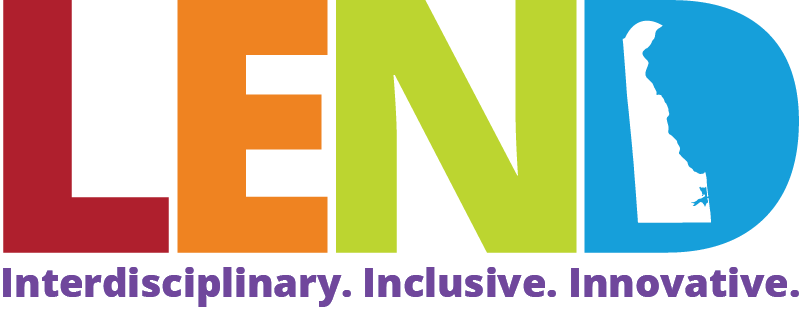
Leadership Education in Neurodevelopmental and Related Disabilities (LEND) program
Browse this collection of leadership project posters presented by past LEND cohort trainees.
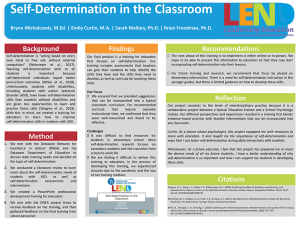
Self-determination is “acting based on one’s own mind or free will, without external compulsion” (Wehmeyer et al., 2017). Teaching self-determination skills to all students is important because self-determined individuals report better post-school outcomes (White et al., 2018). Unfortunately, students with disabilities, including students with autism spectrum disorder (ASD), have lower self-determination skills than students without disabilities and are given less opportunities to learn and practice these skills (Shogren et al., 2018). With this in mind, we created a training for educators to learn how to improve self-determination skills in students with ASD.
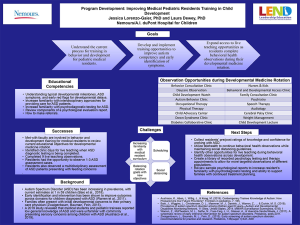
The goals of the project were to understand the current process for training in behavior and development for pediatric medical residents, to develop and implement training opportunities to improve autism competency and early identification of symptoms, and to expand access to live teaching opportunities as residents complete behavioral health observations during their developmental medicine rotation.
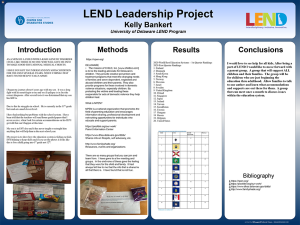
As a mom of a child with a rare genetic disorder I feel like there is no one who will give me info to make good educational/medical choices. I have fought to understand my son’s condition for the past several years, when I think I may have found help it falls apart.
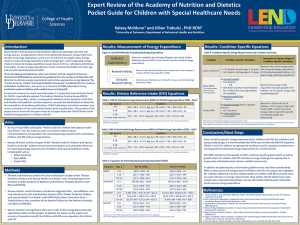
When developing nutritional care plans for children with DD, Registered Dietitian Nutritionists (RDNs) look to authoritative guidance from the Academy of Nutrition and Dietetics to estimate energy requirements and achieve appropriate energy balance. The “Pocket Guide for Children with Special Health Care Needs” is published by the Academy of Nutrition and Dietetics, and serves as a reference for RDNs when determining nutritional needs of children with medical issues including DD.
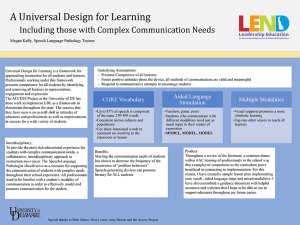
Universal Design for Learning is a framework for approaching instruction for all students and learners. Professionals working under this framework presume competence for all students by identifying and removing all barriers to representation, engagement and expression. The ACCESS Project at the University of Delaware has done work to implement UDL as a framework in classrooms throughout the state. The success that they have seen is an overall shift in attitudes of educators and professionals as well as improvements in success for a wide variety of students.
